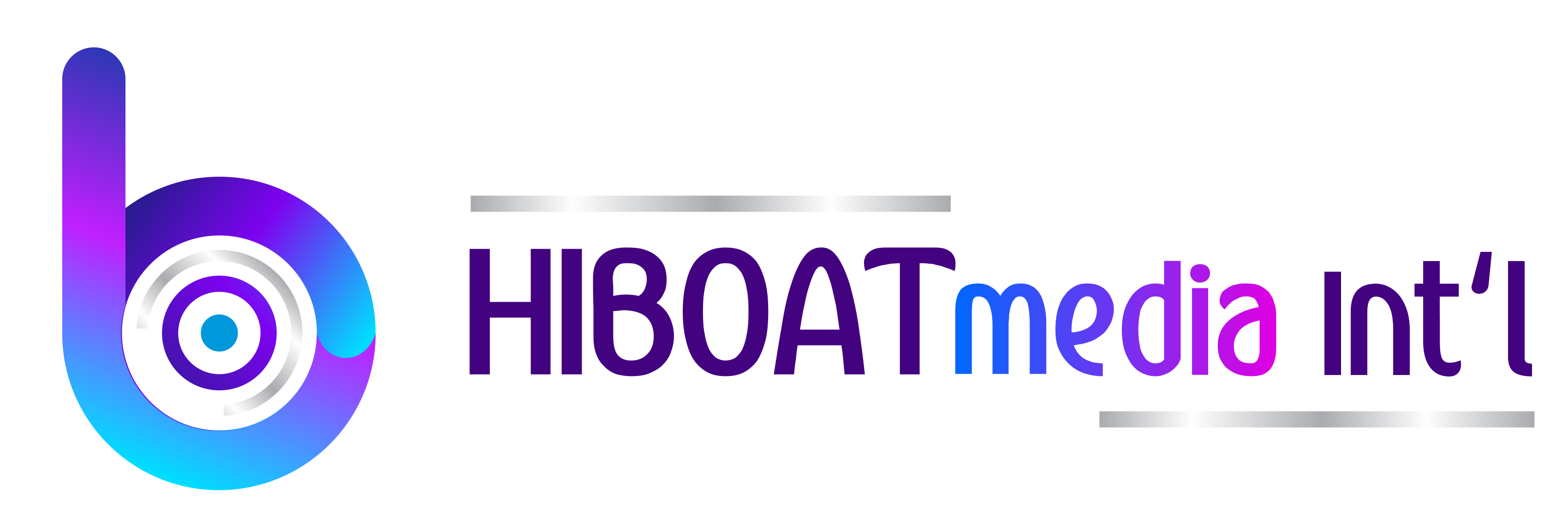In the midst of Africa’s challenges, envision a continent with economic gaps, financial struggles, and limited access to basics. Now, imagine a game-changer—Blockchain. This blog explores how Blockchain could transform Africa by addressing these challenges. From financial inclusion to transparent healthcare and education systems, discover the transformative potential that Blockchain brings to Africa. It signifies a journey of hope and transformation, for both blockchain enthusiasts and those new to the idea. Join us on this journey where technology becomes a catalyst for progress.
Understanding the Social Challenges in Africa
To truly comprehend the impact of blockchain, we must first acknowledge the tough challenges that grip the continent.
1. Poverty:
Statistics: In Sub-Saharan Africa, 43.1% of the population lives below the international poverty line of $1.90 per day (2022 PPP). This means nearly half the population struggles to meet basic needs.
2. Lack of Financial Inclusion:
Statistics: 55.7% of Africans in Sub-Saharan remain unbanked as of 2023 which indicates ongoing challenges in accessing formal financial services, hindering economic growth and financial stability.
3. Corruption:
Statistics: According to Transparency International’s 2023 Corruption Perception Index, 38 out of 49 countries in Sub-Saharan Africa scored below 50, with Somalia, South Sudan, and Equatorial Guinea still ranking among the bottom 10 globally. This highlights the persistent issue of corruption across the region.
4. Inadequate Access to Healthcare:
Statistics: Nearly half (47%) of the population in Sub-Saharan Africa still lacks effective universal health coverage in 2023. This means limited access to essential healthcare services like maternal and child care, vaccinations, and treatment for chronic diseases.
5. Limited Access to Education:
Statistics: In Sub-Saharan Africa, 25.8% of children of primary school age are out of school as of 2023, and the adult literacy rate stands at 65.1%. These figures reflect the ongoing struggle to achieve universal education.
Introduction to Blockchain Technology
Blockchain is like a digital ledger, a decentralized system that records transactions securely across a network of computers. Imagine it as a shared digital notebook where information is stored in blocks. It’s decentralized (no central authority), transparent (everyone can see it), and once information is in, it can’t be changed (immutability).
The Role of Blockchain in Addressing Social Challenges
1. Financial Inclusion:
Blockchain introduces a game-changing concept known as Decentralized Finance (DeFi), revolutionizing how financial services are accessed. Imagine a world where the unbanked population, previously excluded from traditional banking, can now engage in essential financial activities. DeFi opens doors to banking services, loans, and investments, providing economic opportunities for all.
2. Transparency and Accountability:
Blockchain’s transparent and traceable nature makes it a potent weapon against corruption. Picture a system where every transaction is visible and unalterable, reducing the risk of fraudulent practices. Through blockchain, corruption in critical sectors can be mitigated, fostering a more accountable environment.
In Dubai, the Land Department implemented a blockchain-based land registry system, reducing land disputes by 99% and saving $33 million in annual costs
3. Healthcare:
Blockchain secures health records, ensuring easy access and enhancing healthcare delivery. Envision a scenario where patient information is stored in an unforgeable system, promoting accurate diagnoses and streamlined medical processes.
Estonia’s X-Road system uses blockchain to securely share patient data across healthcare providers, leading to improved diagnostics and reduced wait times.
4. Education:
Blockchain applications offer a secure way to verify academic credentials, reducing fraud and ensuring the integrity of educational records. Imagine a future where academic achievements are easily validated, fostering trust in educational systems.
MIT uses blockchain to issue tamper-proof diplomas, ensuring the authenticity and value of its graduates’ credentials.
Challenges and Considerations
1 Regulatory Environment:
Evolving regulations in African countries can impede consistent blockchain implementation. Advocating for clear, supportive regulations is crucial for a stable blockchain development environment.
2 Technology Infrastructure:
Limited infrastructure, particularly in rural areas, poses a hurdle to widespread blockchain adoption. Incremental tech improvements and awareness campaigns contribute to a more inclusive blockchain ecosystem.
3 Education and Awareness:
Lack of understanding hinders blockchain acceptance. Educational initiatives and awareness campaigns are vital to demystify blockchain for informed decisions by the public and policymakers.
The African Web 3 community possesses a wealth of knowledge and resources. Imagine the collective power when this community unites to share insights and expertise. Together, we can create a collaborative environment that leverages blockchain solutions to tackle social challenges at a broader scale.
As we peer into the future, the evolving landscape of blockchain technology promises cross-border collaboration which means Breaking Down Barriers, fostering seamless collaboration on social impact projects between countries and regions, and creating a global network for positive change.
Conclusion
In this exploration of “Blockchain for Social Impact: Addressing Challenges in Africa,” we’ve embarked on a journey through the diverse landscape of Africa’s challenges, envisioning a continent where blockchain technology serves as a game-changer. From understanding the social challenges and the role of blockchain to exploring opportunities for collaboration and peering into the future, our narrative unfolds with hope, innovation, and the promise of positive change.
Ready to be at the forefront of social impact initiatives in Africa? Subscribe to our newsletter for exclusive updates, in-depth insights, and impactful content from HIBOATmedia Int’l

